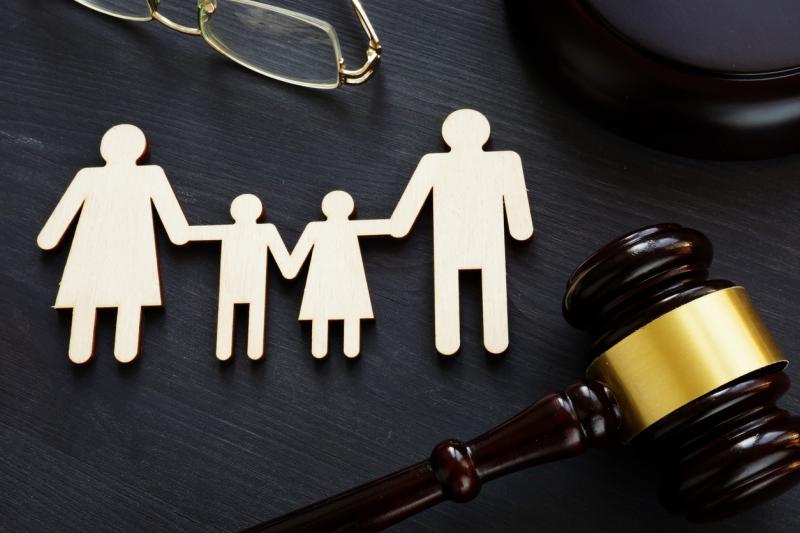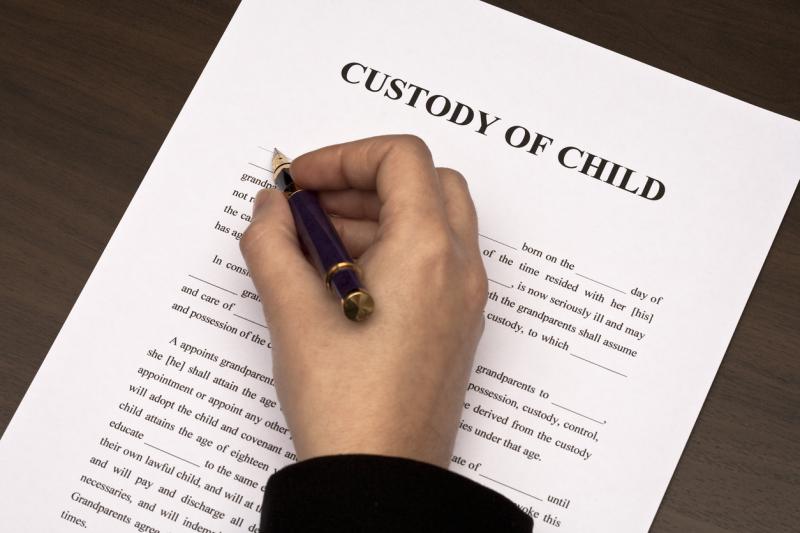The Beginner’s Guide To Child Custody

Divorce can be an incredibly stressful and emotionally draining time in your life. Very few enter into a legal partnership with the expectation that it will come to an end, so having to readjust your entire life can be difficult and jarring. To complicate matters, divorces have the ability to impact more than just the two individuals who are choosing to end their marriage. In theory, while a divorce only occurs between you and your spouse, your children are just as involved in practice.
Determining how your new living situation will affect your children’s lives is important and, understandably, it can be overwhelming. Not only do you have to worry about their emotional and mental well-being, but you also have to understand your new legal relationship with your own child. Therefore, having a trusted child custody lawyer on your side can be a benefit, as they can help you work towards a custody/guardianship arrangement that is most advantageous for your children.
A child custody lawyer is undoubtedly your best resource when it comes to learning about child custody. However, here is a quick guide to allow you to understand the basics before your first meeting.

What is custody?
When you have children within a marriage, you are both automatically entitled to guardianship of them. Together, you share all of the responsibilities, powers, and entitlements that come with being a parent. It’s important to note that custody focuses on the decision-making and legal responsibilities, rather than the physical access and care of the child. Where the child lives and spends their time is actually considered “parenting”, not “custody”.
For non-married couples who have a child together, the rights to custody may not be automatic. This means that both parents need to consent to shared guardianship, or it may need to be determined by the Court.
When you separate from or divorce your partner, guardianship is no longer a given. Both partners will need to determine who will have custodial rights over the child.
What kind of custody arrangements are there?
Joint Custody
Joint custody is when both parents have an equal say in all major decisions that impact their child. It’s important to note that joint custody does not equal joint parenting. The child may spend more time with one parent than the other, but both parents work together when it comes to decision-making.
Sole Custody
In sole custody arrangements, only one party is responsible for and entitled to all major decisions that affect the child. While the other parent may offer their opinion and advice, it is ultimately up to the primary parent to have the final say. Again, sole custody does not impact the amount of time the child physically spends with each parent.
Often, sole custody/guardianship is granted by a Court when it is clear that the parties cannot put aside their personal grievances to make decisions that would benefit their children. However, it’s important to remember that a parent’s relationship with the child may be drastically different than their relationship with their former spouse. Tensions can run high during divorce proceedings, but anger does not automatically disqualify someone from being a good parent. One can be a terrible partner but a wonderful parent, and it is vital to distinguish between the two.
Do the Courts determine custody agreements?
If you and your former partner are able to come to an agreement regarding the custody of your children, then the courts do not have to get involved. However, if you disagree about what is in the best interests of your children and who should be responsible for the decision-making, then the Courts will need to step in. Their decision will be based on some of the following factors:
- The children’s physical, psychological, and emotional needs
- The children’s need for stability
- Who has been caring for the children until now
- What the children want (typically considered regarding older children)
- The children’s relationships with each party
- The willingness of a party to foster the children’s relationship with the other party
- The ability to care for the children
More to Read:
Previous Posts:










